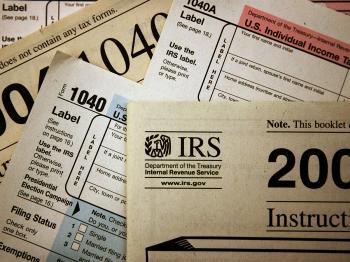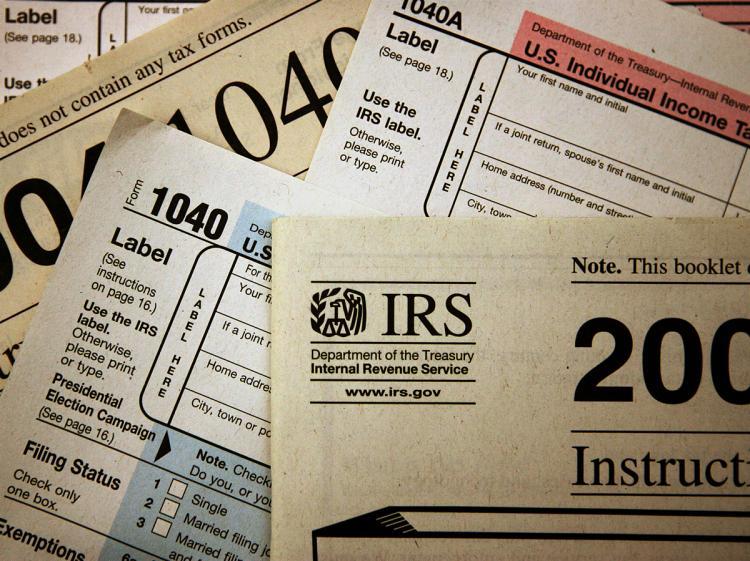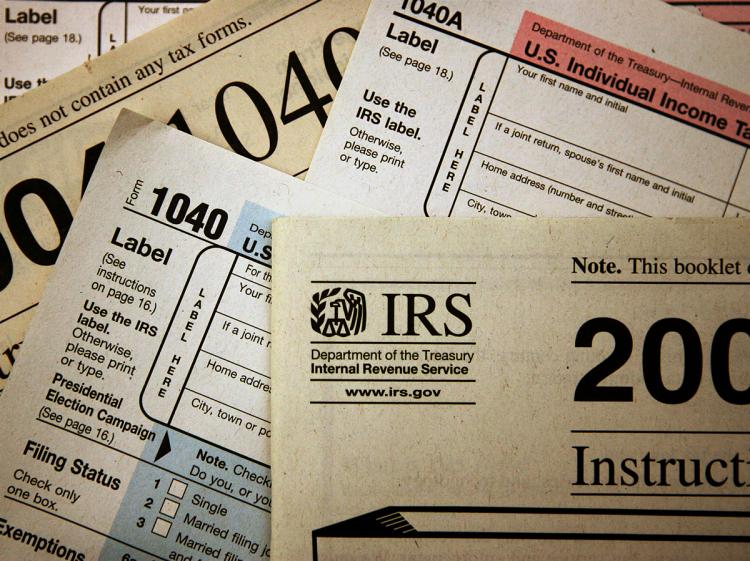Just before the tax season begins in earnest, the U.S. Internal Revenue Service (IRS) has proposed a new set of rules, six months in the making, to ensure that the approximately one million professional tax preparers are up to par with tax regulations and to stop fraudulent tax preparer activities.
In a nutshell, the proposed tax preparers’ requirements include registration, competency tests, continued professional training, and complying with a set of ethical standards.
At this time, only Oregon, California, Maryland, and New York regulate its tax preparers. The first two states have had regulations for 40 years, and the latter two have legislation on the books and are getting ready to execute the laws.
Timetable Up in the Air
The IRS suggests different timetables, which could be construed as misleading and suggests that one hand does not know what the other is doing. The conflicting information is prescient in telling the public just how effective the IRS is in implementing changes.
First, the IRS announcement called the effort landmark and stated, “To bring immediate help to taxpayers this filing season, the IRS also announced a sweeping new effort to reach tax return preparers with enforcement and education,” in a statement released on Jan. 4.
Secondly, in the same circular, the IRS announced a short implementation timetable as unrealistic and that the new requirements don’t affect 2010 tax returns prepared by tax preparers. It suggests that it will take several years to implement and is silent on the exact timetable.
Later, the IRS suggests a “three-year implementation period ... three-year phase-in period” before it will “require tax compliance as a condition of registration.”
In addition, the IRS promised to improve its watchdog status immediately and watch tax preparers more diligently. “We are taking immediate action to step up oversight of tax preparers this filing season.”
On the other hand, according a Jan. 6 release, the IRS does not have the resources to answer all incoming phone calls and could answer 12 percent less taxpayer phone calls than last year. Those who connect may have to wait roughly 12 minutes before an IRS agent will answer.
“In other words, the IRS is planning to be unable to answer about three of every 10 calls it receives ... This level of service is unacceptable,” National Taxpayer Advocate Nina E. Olson said in a statement.
The IRS sent letters to 10,000 preparers, roughly 1 percent of all tax preparers, in the first week of January. Most of the tax preparers are those already known to the IRS because of the quantity of tax returns they prepare in any given year. Additionally, an IRS agent will visit said preparers to observe and educate.
Qualification at Issue
Existing law does not require licensing, special educational background, or monitoring for a tax preparer. Yet, “attorneys, CPAs, and Enrolled Agents must pass difficult examinations to practice,” according to a National Taxpayer Advocate, a watchdog arm under the IRS, press release.
To help the industry, the IRS suggested in another press release that “To minimize cost and burden, a return preparation business may decide to employ one ‘signing’ preparer who is certified under the new IRS rules and an unlimited number of ‘nonsigning’ preparers.”
“The nonsigning preparers would not have to register, pass an exam, or take continuing education courses, and the signing preparer would be unable to thoroughly review every return he signs,” according to the IRS.
The American Institute of Certified Public Accountants (AICPA) declared in a statement that it supports the tax preparer certification process, but takes issue with granting a license to preparers that are not CPA’s, enrolled agents, or attorneys, as they most likely lack the necessary credentials, education, and experience.
Preparers Weigh In
Between 90 and 98 percent of respondents to an IRS public comment survey, including small and large firms, individuals and associations, were in favor of monitoring, enforcement, registration, licensing, education, testing, and providing ethics rules.
Stuart M. Lewis, Chair-Elect at the American Bar Association Section of Taxation said in his submittal that legislation and licensing requirements already exist, but they lack enforcement power.
Frank Lin, a registered tax preparation agent in New York, states that although legislation exists, enforcement is lacking and asks for higher fines and consequences that prevent noncompliance.
Austin Emeagwai, director at LeMoyne-Owen wrote, “Barbers and Beauticians need license to cut and perm hair. Electricians and plumbers need license to perform services. Tax preparers are not regulated by any federal agency ... Tax preparers need to have a minimum education, be registered with an agency, and be required to obtain continuing education including ethics. Without regulation and oversight, the tax preparation industry will continue to attract fraudulent preparers.”
While Emeagwai is among the many in favor of the regulation, there are those who are vehemently opposed. Among them is Scott A. Croff, CPA. He believes that the tax preparer might become the watchdog for the IRS and objects to taking on that function, “It sounds like the review that you are about to undertake may be the first step in making this a reality ... I do not want to be subjected to rules and regulations that will have me doing the job of an IRS employee.”






